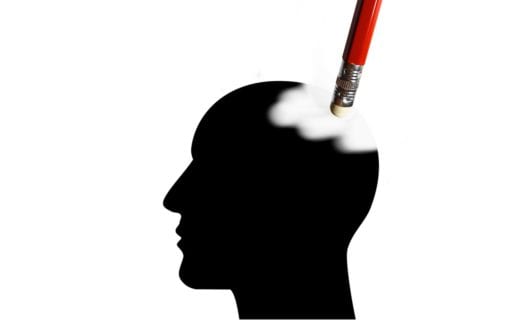
It’s well known that the quality of sleep a person gets has a great effect, positive or negative, on a person’s memory. However, there seems to be an even stronger link between sleep and the brain’s ability to function in older age.
Six to Eight Hours is Key
In a recent study by Harvard Medical School, over 2,800 people aged 65 and over reported their sleep patterns for two years (2013 and 2014). The same group was then revisited as they aged. Those who self-reported consistently sleeping five hours or fewer through the night were twice as likely to develop dementia in their older age. The poor sleepers were also twice as likely to die versus those who slept six to eight hours each night.
Researchers in Europe also collected data from almost 8,000 people, aged 50, 60 and 70. These participants wore an accelerometer, which tracked their sleep using body movements. This study revealed that those who slept six hours or less had a 30% higher chance of developing dementia.
Both studies show that it’s best to get seven to eight hours of sleep in order to fend off dementia in old age. However, even six hours consistently gives some defense.

Why Sleep Matters
Though scientists aren’t quite sure why there’s such a strong causality between sleep quantity and dementia, it may be due to the Alzheimer’s protein beta amyloid. This protein can gather and clump together in the brain, creating Alzheimer’s plaques. Everyone’s brain creates this protein, but brains that get a healthy amount of sleep allow these proteins to shrink and get flushed away in the night. Limited sleep means a limited amount of time for the brain to complete this necessary function.
How to Get More Sleep
Sleep is essential for good health. Everyone can improve their sleep hygiene. Here are a few tips for a better night’s sleep.
- Exercise – Older people who engage in regular exercise fall asleep sooner and stay asleep longer.
- Reduce Bedroom Distractions – Move electronics (think TV and phone) out of the bedroom. Your eyes aren’t good at blocking blue light, which electronics emit. This blue light blocks your brain from developing the hormone melatonin that helps you sleep.
- Avoid Substances that Inhibit Sleep – Alcohol and caffeine are regularly blamed for keeping people awake at night, but eating a big meal or having a smoke before bed can also ruin the body’s ability to sleep well.
- Keep a Sleep Schedule – Just like a new mother quickly gets her baby on a schedule, it’s as important to take your sleep schedule seriously in old age. Recovering lost sleep is even more difficult as we age, so try to go to bed and wake up at the same time each day.
- Establish a Bedtime Routine – Again, just like a mother takes care of a baby, we have to engage in self-care, like completing quiet activities such as taking a bath or reading before bedtime.
Much attention has been paid to developing good eating habits and a consistent exercise routine. However, it’s clear that sleep is just as important as choosing good foods moving your body. Sleep is more than just the divider between night and day. It’s how your body renews itself, and it’s now proven that it keeps you safe from developing dementia in your later years.

 Sleep Well Now to Fend off Dementia Later
Sleep Well Now to Fend off Dementia Later


 How Dare You Die Now!
How Dare You Die Now!

 “Help Me, Helen”
“Help Me, Helen”














